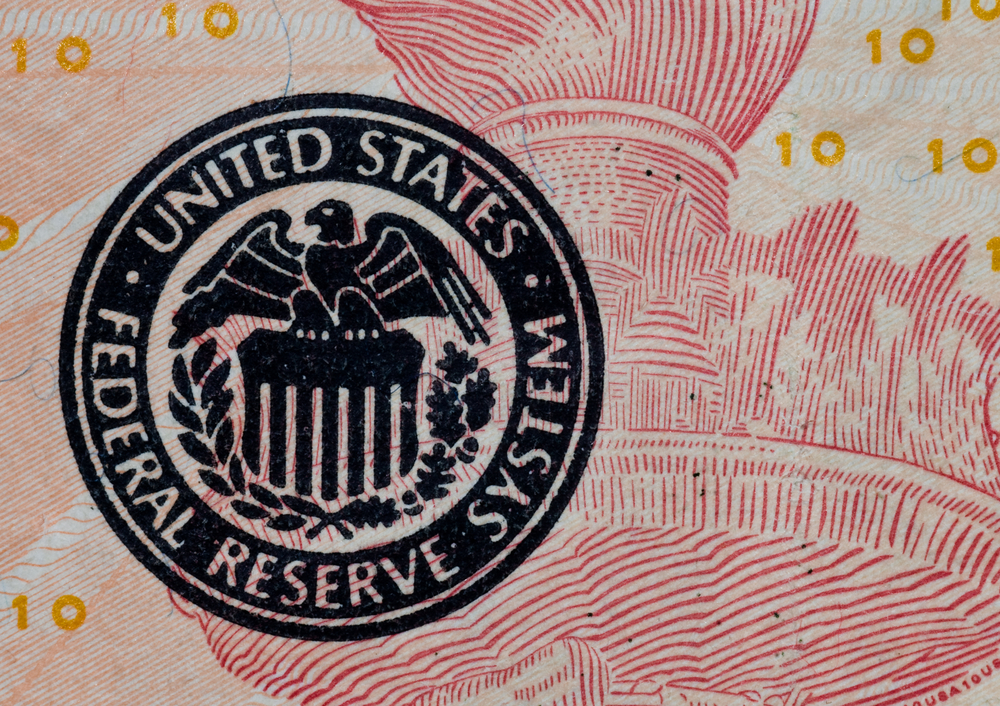Congress Tries to Assert Control Over the Federal Reserve

Please note that we are not authorised to provide any investment advice. The content on this page is for information purposes only.
The British historian Lord Acton famously said, “power corrupts and absolute power corrupts absolutely.” The American response is a system of checks and balances. The Federal Reserve represents a concentration of power that became abundantly clear during and after the Great Financial Crisis.
The British historian Lord Acton famously said, “power corrupts and absolute power corrupts absolutely.” The American response is a system of checks and balances. The Federal Reserve represents a concentration of power that became abundantly clear during and after the Great Financial Crisis.
The Federal Reserve is a creation of the legislature, not the Constitution. Congress is trying to reassert its control. The latest reports indicate that the Republicans, which enjoy a majority in both chambers, will call for a vote tomorrow on the Fed Oversight Modernization and Reform Act.
There are three measures in the bill, which have in particular raised the ire of the White House and Fed Chair Yellen. First, the bill requires that the Fed a mathematical formula, like the Taylor Rules, to set short-term interest rates. Second, the bill would limit the emergency powers that the Fed claimed during the crisis. Third, the bills require the Government Accountability Office to review monetary policy decisions.
Each of these measures is flawed. The bill, which is originating in the House of Representatives, is unlikely to pass. In addition, if it does pass, Obama is likely to veto the measure. Obama has used his veto powers sparingly. He has exercised the veto around five times, which is the least since Warren Harding in the 1920s. However, the underlying issue will not go away. There may be other attempts to check the Fed’s power.
The idea that a simple agreed upon rule can drive the conduct of monetary policy is farcical. It is true that as House Speaker Ryan said, “At times when the Fed apparently practiced a rules-based monetary policy, the US, and global economies grew with low inflation.” The key words are “at times” and “apparently”. The former gets to the idea that there are other times when faced with unprecedented conditions, the Fed correctly must innovate.
The latter tacitly recognizes that the Fed never endorsed a simple rule. One might deduce a rule after the fact, but the Fed no less than any other major central bank wants and arguably needs to be flexible and pragmatic.
Some critics have complained about what may be the Fed’s hubris. However, at least on this issue, the bill’s advocates claim a knowledge that does not exist. Yellen has argued that policymakers simply do not have sufficient understanding of how a large complex economy works to come up with a rule that reliably can drive monetary policy throughout a business cycle. In addition, there is no consensus among economists or policy makers about a simple policy rule that can cover a wide range of circumstances.
Monetary policy is not a technocrat process. It cannot blindly perform following a rule. It requires judgments calls. Reasonable people can and will differ. The Fed has three mandates. There are trade-offs that cannot be reduced to a simply formula.
Limits on the European Central Bank’s ability to act as a lender of last resort is part of the difficulty officials had in addressing the Great Financial Crisis. Some in Congress think the Fed abused its power as lender of last resort. Given the complexities of modern finance and unfathomable linkages, it seems imprudent to ties official hands. If the end is legitimate, such as financial stability, then the necessary means must also be legitimate.
A GAO review of the Fed’s conduct of monetary policy risks politicizing monetary policy in the most banal way. It will bring short-term partisan political pressure into the deliberations. The House passed a similar bill last year, but the Senate blocked it, which at the time had a Democratic majority.
When observers talk about the importance of an independent central bank, the fear is often precisely narrow political interests. A GAO review turns it on its head. Nevertheless, there are measures the Fed can take too boost its transparency and accountability. This could include a press conference after every meeting, as the BOJ and ECB currently conduct. The BOE has shown that the minutes of the meeting can happen much quicker than the Fed practices. Congress could help its own case by timely confirming appointments to the Board of Governors, ensuring full staffing.
Democratizing the Fed or Politicizing Monetary Policy? is republished with permission from Marc to Market




